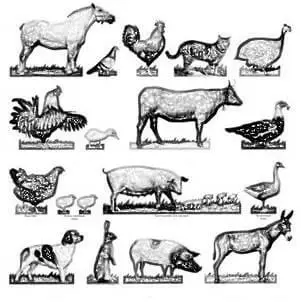Hard work; the least attractive part of any project.
Donkey work
What's the meaning of the phrase 'Donkey work'?
What's the origin of the phrase 'Donkey work'?
The expression ‘donkey work’ came about as an allusion to the heavy loads that donkeys are often required to carry.
‘Donkey work’ began to be used in a figurative sense, that is, a usage where no actual donkeys were referred to, in England in the mid 19th century.
Of all domesticated and farmed animals it is donkeys and mules who most frequently face a life of relentless toil.
A notion that the expression derived as a reference to the laborious cleaning of front steps that was de rigeur in working class homes in the North of England until the 1960s is based on the fact that the cleaning agent used for scrubbing was called a donkey stone. This theory isn’t correct. The conjunction of the Donkey Stone trade name and the menial labour they were used for is pure coincidence.
The earliest citation of ‘donkey work’ that I have found in print comes from the English newspaper The Western Times, February 1849:
You might easily imagine a dialogue going on between the horse and his keepers – the noble animal protesting all the while that he would not do donkey work and demean himself like an ass.
This citation, in common with many of the early examples found in print, alludes to ‘donkey’s work’ being menial and dull and it is this meaning, rather than the ‘hard labour’ meaning now understood that was is use when the expression was first coined.
The history of “Donkey work” in printed materials
Trend of donkey work in printed material over time
Related phrases and meanings
Browse more Phrases
About the Author

Phrases & Meanings
A-Z
A B C D E F G H I J K L M N O P Q R S T UV W XYZ
Categories
American Animals Australian Bible Body Colour Conflict Death Devil Dogs Emotions Euphemism Family Fashion Food French Horses ‘Jack’ Luck Money Military Music Names Nature Nautical Numbers Politics Religion Shakespeare Stupidity Entertainment Weather Women Work
How did we do?
Have you spotted something that needs updated on this page? We review all feedback we receive to ensure that we provide the most accurate and up to date information on phrases.
